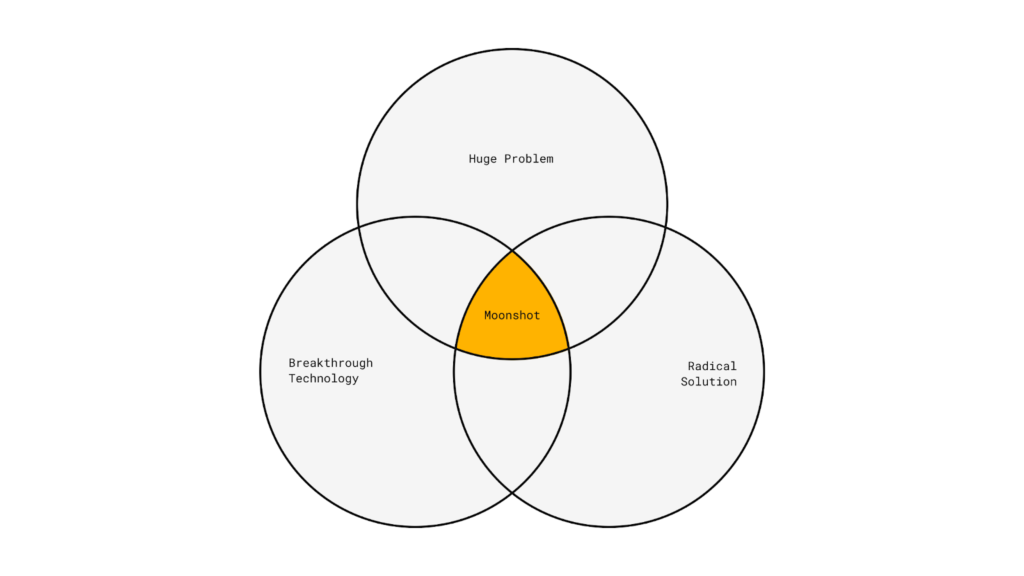Google is bringing its X – The Moonshot Factory, formerly known as Google X, to Tel Aviv this summer in search of radical solutions to pressing world problems and breakthrough technology aimed at improving lives. The Moonshot Lab – Israel will be Google’s first such outfit outside of its California headquarters, and the site will be headed by Israeli scientist Adi Aron Gilat, currently director of strategy at X.
Aron Gilat announced earlier this month in a post explaining her journey at X, which she began almost seven years ago as one of the facility’s first non-technical hires. A trained geophysicist specializing in environmental law and policy, she started as strategy lead on X’s rapid evaluation team and has since worked her way up to lead overall strategy for the organization. In the coming weeks, she is expected to move from California back to Israel to take on X’s Israeli operations.
Google X, as it was known back then, was first set up by Google in 2010 as a somewhat secretive R&D division that would work on “moonshots,” or very out-there ideas and technologies that aim to make the word a “radically better place.” The organization then became X – The Moonshot Factory (also X Development) in 2015 and operates as a subsidiary of Alphabet, Google’s parent company.
Over the past decade, X has incubated hundreds of projects, some of which have become startups and businesses. These include Waymo, an autonomous tech development company and formerly Google’s self-driving car project; Wing, a drone delivery company; and Tidal, a new project launched last year that combines machine learning and an underwater camera system to help understand our ocean’s ecosystems. Another prominent X initiative, Project Loon, the developer of a network of stratospheric balloons that extend internet connectivity in rural areas from space and bolster network resilience in the event of a disaster, will be winding down this year.
Moonshots, according to X, is defined by three key pillars: They address a “huge problem in the world that affects millions or billions of people”; they propose a “radical, sci-fi sounding solution that may seem impossible today”; and they include “a technology breakthrough that gives us a glimmer of hope that the solution could be possible in the next five to ten years.”
In Tel Aviv, Aron Gilat will be recruiting a small team of local scientists, entrepreneurs, and inventors who will focus on “dreaming up and de-risking X’s next generation of moonshots.” The Moonshot Lab – Israel will be recruiting scientists and innovators in fields like agritech, clean energy, robotics, environmental sustainability, and computing, specifically those with deep tech skills, and will look to collaborate with local and regional universities, startups, and entrepreneurs, according to the announcement.

Aron Gilat explained in her post that when the X team in California began looking at launching a satellite lab and reviewing some of the best places to develop innovation with high impact, Israel was among the top spots given its history and entrepreneurial culture.
“Something that has always struck me as an Israeli living in Silicon Valley is how similar the cultural DNA of X is to the professional culture I grew up in. Israeli scientists and entrepreneurs are renowned for being scrappy, having a sense of urgency, and being laser-focused on the problem they’re trying to solve—like how to grow food in a water-starved country or find ways to see our bodies from the inside out,” she wrote.
Indeed, the Moonshot mindsets sound very familiar to those immersed in or following Israel’s innovation industry and unique entrepreneurial culture. These include taking big risks, embracing failure and learning, navigating unpredictable and ambiguous situations and environments, taking on the hardest parts of a given problem first, fostering flexibility and radical creativity, and having the ability to shift perspectives or pivot.
These skills are needed because, as an incubator of moonshots, Xers focus on rapid prototyping and de-risking, and do not build products. Rather, they develop “the foundations upon which potentially groundbreaking products and business could be built upon,” according to the organization.
There is also an emphasis on collaborative work. “Nothing at X is done alone, and being an expert in a specific field is only a starting point,” reads a job description for a program manager at the Moonshot Lab – Israel.
Aron Gilat said that people who love working at X “enjoy the learning process and are buoyed by their teams and the potential to develop breakthrough technologies that could positively impact the lives of millions or billions of people.”
The Moonshot Lab – Israel will work out of a dedicated space in Tel Aviv’s Electra Tower on Yigal Alon street.
The article was originally published by NoCamels, a leading news website covering breakthrough innovation from Israel for a global audience.

